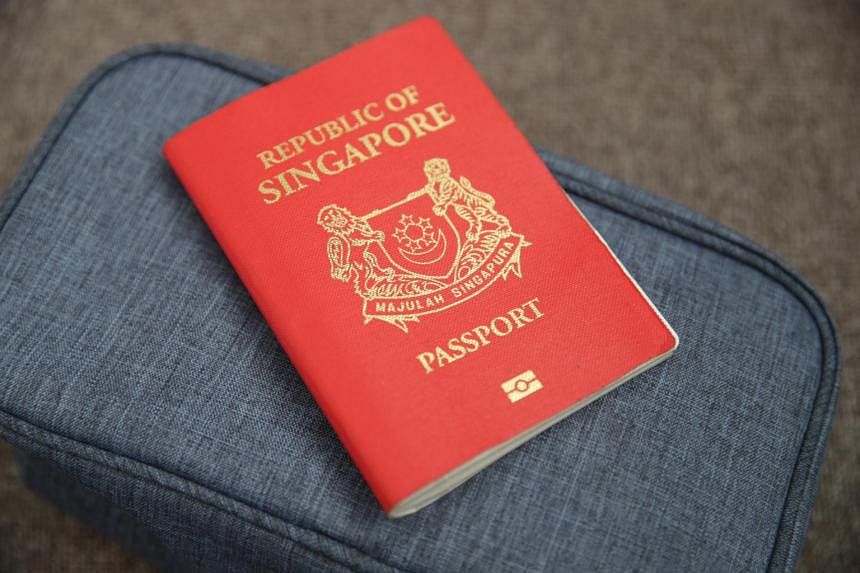SINGAPORE - The Singapore passport remains one of the most powerful in the world, tying for second place with South Korea’s in allowing visa-free entry to 192 countries.
Japan’s passport took top spot for enabling holders visa-free entry into 193 countries, according to the latest update of a worldwide index compiled by global citizenship and residence advisory firm Henley and Partners.
The latest ranking comes at a time when global travel is picking up at pace after more than two years of the Covid-19 pandemic.
In October last year, Singapore and Japan shared the top spot for enabling holders of the passports to travel without a pre-approved visa to 192 destinations.
Professor Lawrence Loh, who is the director of the Centre for Governance and Sustainability at NUS Business School, said: “The high regard for the Singapore passport is just the tip of the iceberg. It reflects the fine international reputation that the country has on the global stage, particularly its strong national governance.
“It is also indicative of the quality human talent. Most significantly, I think the passport status speaks well of the trust overseas stakeholders have on the Singapore brand name.”
At the other end of the spectrum, Russian passport holders are increasingly being cut off from the rest of the world as sanctions, travel bans and airspace closures limit their access to all but a few destinations in Asia and the Middle East, said Henley and Partners in a statement.
The Russian passport currently sits at 50th place on the index, giving easy access to 119 nations. China is placed 69th with access to 80 countries, while India’s passport is ranked 87th.
The index has also shown a strong correlation between a nation’s passport power and its peacefulness.
Nations in the top 10 of the Henley Passport Index can also be found in the top 10 of the Global Peace Index, a report produced by the Institute for Economics and Peace, which has its head office in Sydney. Likewise, for the bottom-ranking nations.
Mr Stephen Klimczuk-Massion, a fellow at Oxford University’s Said Business School and a member of Swiss non-profit Andan Foundation’s advisory committee, in the statement said: “The relative strength or weakness of a particular national passport directly affects the quality of life for the passport holder and may even be a matter of life and death in some circumstances.”
The index, which uses 17 years of data, helps governments assess the value of citizenships around the world based on which passports offer the widest visa-free or visa-on-arrival access.
Still, with global travel yet to fully recover from Covid-19 restrictions, the index offers only a notional snapshot of the best documents to hold as the world emerges from the pandemic.



